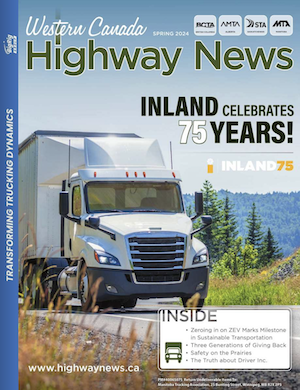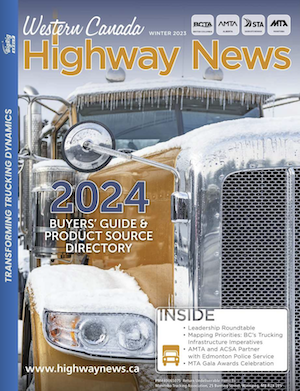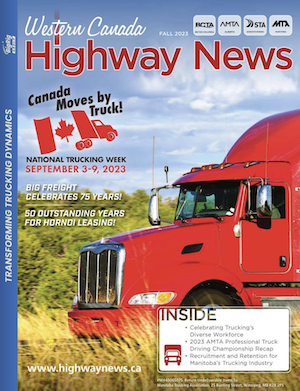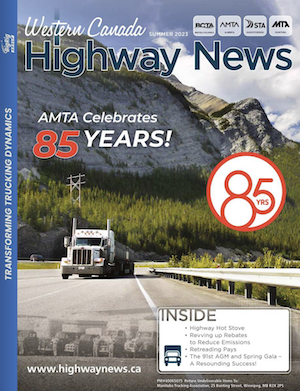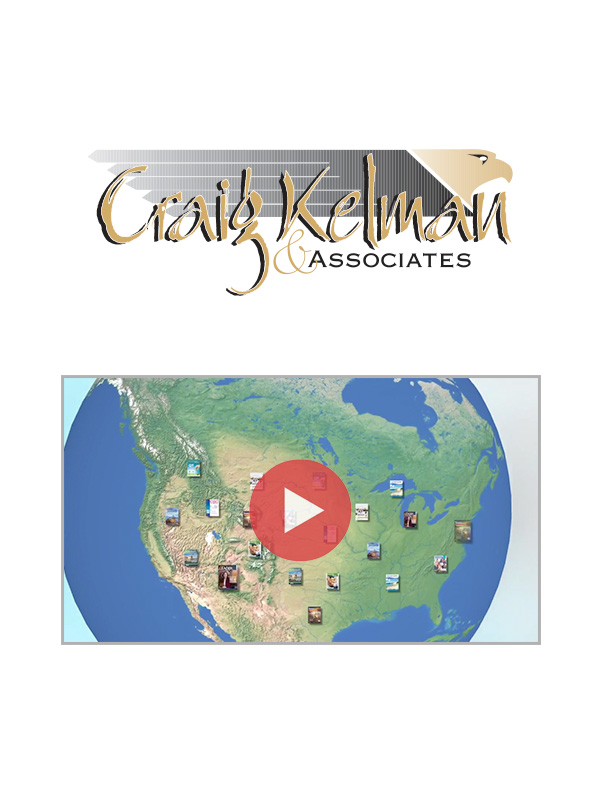n previous articles we have pointed out the significance and importance of having a fully executed Bill of Lading (BOL). Having a BOL completed properly typically provides the carrier with protection with respect to the carriage of goods and also the possibility of damages. Most importantly, carriers can rely on the limitation of damages to $2 per pound.
However, carriers need to beware that the limitation provisions will not always apply.
First, in one situation out of Alberta, a carrier was moving a “muscle car” (Corvette) that had great value. Before moving the car, the carrier was given a copy of the bill of sale setting out the real value, but no valid BOL was ever completed. In addition, the shipper told the carrier that the car was rare and made a specific request that the vehicle be transported inside an enclosed van. Unfortunately, during the course of transportation, another car being transported in the van broke loose and smashed into the Corvette. In the lawsuit that followed, the carrier attempted to rely on limitation of liability provisions set out by Alberta law and deemed to be included in every contract of carriage that the carrier could not be required to pay any amount greater than $2 per pound if no higher value is indicated on the BOL.
The Court determined that the value of the vehicle had been declared and that the limitation of liability provisions did not protect the carrier. In this case, by providing the copy of the bill of sale to the carrier, the shipper had given notice of the car’s extraordinary value. While typically the statutory limit would apply to limit the carrier’s liability, the Court reasoned that the carrier, who knew the value of the car, could not rely on its own conduct in failing to properly declare that value on a BOL to avoid its liability. The Court was impressed by the fact that the shipper requested special transportation in an enclosed van or trailer rather than in the manner that cars are normally transported. It reviewed the policy reasons behind limitation provisions, specifically that the provisions allow a carrier to determine if the movement involves carrying freight of “extraordinary value” following which, a carrier would be in a position to reject the movement. Here, the carrier knew the real value and still agreed to the transport the car. In those circumstances, the Court concluded that the carrier was liable for the full value attributed to the load.
A further example from Manitoba is of interest. Here, Purolator received a specialized piece of equipment called a blood analyzing machine. Unlike the Alberta case, there was a completed BOL with specific provisions that limited Purolator’s liability to $2 per pound. Purolator’s delivery driver accidentally delivered the machine to the wrong address and, to make matters worse, deliberately completed the delivery slips incorrectly to conceal his mistake. While Purolator was attempting to determine where the machine was delivered, the plaintiff proceeded to replace the machine at a cost of $8,900. Purolator defended the subsequent lawsuit on the basis of the limitation provisions. The Court found that the driver’s actions in falsely completing the delivery slips were willful and dishonest. In the result, it was the willful nature of the steps that had been taken by the driver to muddy the waters that resulted in a finding that the plaintiff was entitled to receive the value of its claim, in spite of the limitation provisions.
In a third case from Ontario, a carrier was asked to move a valuable load estimated between $250,000 and $263,000. They were asked whether they had sufficient insurance to cover the value of load. The consignor filled out its own standard BOL and attached a copy of an invoice that showed the value of the consignment to be $263,520. After receiving the consignor’s BOL, the trucking company’s driver completed its own BOL. The driver referenced the invoice number rather than the plaintiff’s BOL, but did not include the declared value in the second BOL. As a result, neither of the documents contained a declared value. The goods were stolen while in transit.
The defendant sought to rely on the limitation of liability to $2 per pound. The Court agreed that the legislative intent behind the requirement of the shipper to declare the value of the consignment was to allow the carrier to assess the risk and determine whether to assume that risk. In this instance, the consignor had provided a copy of the invoice and brought the value of the load to the carrier’s attention. The carrier knew the liability to which it could be exposed if there was a loss. The Court concluded that, although the onus was on the consignor to ensure there was a declared value on the face of the contract, by signing both BOL and specifically identifying that the BOL of the consignor had included an invoice as to the value of the product this was sufficient to take the limitation out of play.
In a final example from British Columbia, a shipper had contracted to move an extremely heavy load. The carrier had difficulties in loading the product and the situation between the carrier’s driver and the shipper’s representative became “heated” as a result. At one point the carrier’s driver passed a BOL (which was apparently “ripped out” and thrown at the consignor’s representative) and stormed out of the office. The consignor’s representative filled out the BOL and signed it, but the document was incomplete as it did not include the weight of the load. The driver left with the load, without completing the weight information, and an accident ensued. The carrier proceeded to weigh the product and inserted the weight value after the fact on the premise that it was “correcting” the BOL. It then attempted to rely on the limitation of $2 per pound.
The Court concluded that the BOL’s limitation was not enforceable because it was not completed pursuant to the regulations of British Columbia. Although the carrier’s BOL was provided to the consignor, the consignor did not complete it because the loading was not complete. Once loading was complete, the driver left with an incomplete bill of lading. The Court concluded it was the carrier’s obligation to ensure that the BOL included the complete and relevant information. The Court also considered negatively the attempt by the carrier to “correct” the BOL by inserting a weight afterward. The Court determined that act was not helpful to the carrier’s cause because there was no weight to “correct” in that the form was blank.
In conclusion, there are situations in which the usual limitation may not apply. Although the cases summarized are factually separate, the overall thrust is that the carriers’ conduct in receiving and transporting goods will impact the application of the limitation of liability provisions – whether as it relates to incomplete information on the bill of lading, information that has been brought to their attention with respect to the true value of the goods, or willful misconduct.
Note: This article is of a general nature only and is not exhaustive of all possible legal rights or remedies. In addition, laws may change over time and should be interpreted only in the context of particular circumstances such that these materials are not intended to be relied upon or taken as legal advice or opinion. Readers should consult a legal professional for specific advice in any particular situation.
About the Authors:
Allan Foran is a partner with MLT Aikins and practises in the area of transportation. He can be reached at aforan@mltaikins.com.
The author wishes to thank Carolyn Frost and Adam Meyers for their assistance in this article.
References
1 McColman v Duckerings International Freight Services Inc.
2 Meditek Laboratory Services v Purolator Courier Ltd.
3 A And A Trading Ltd v DILS Trucking Inc.
4 BC Ltd v Overland West Freight Lines Ltd.


 1-866-985-9791
1-866-985-9791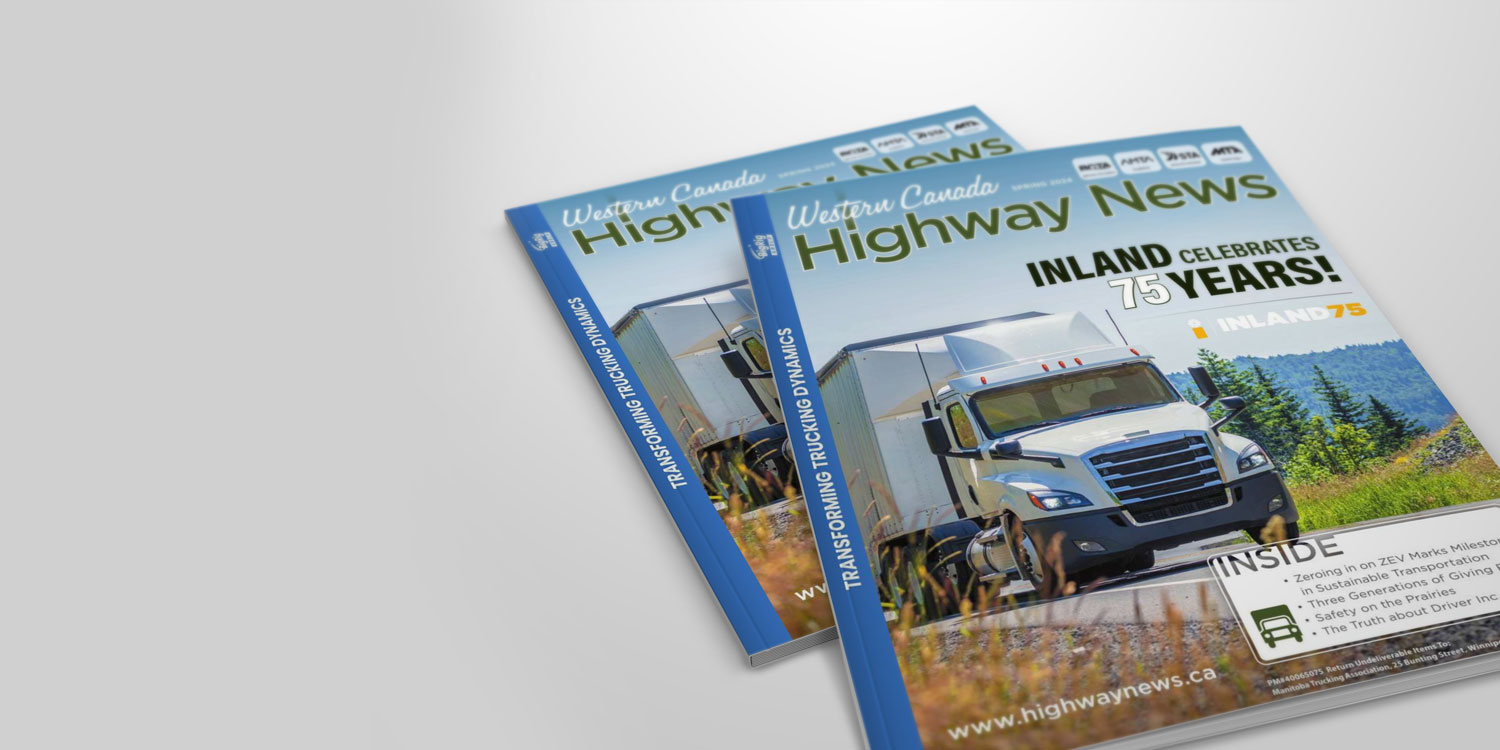

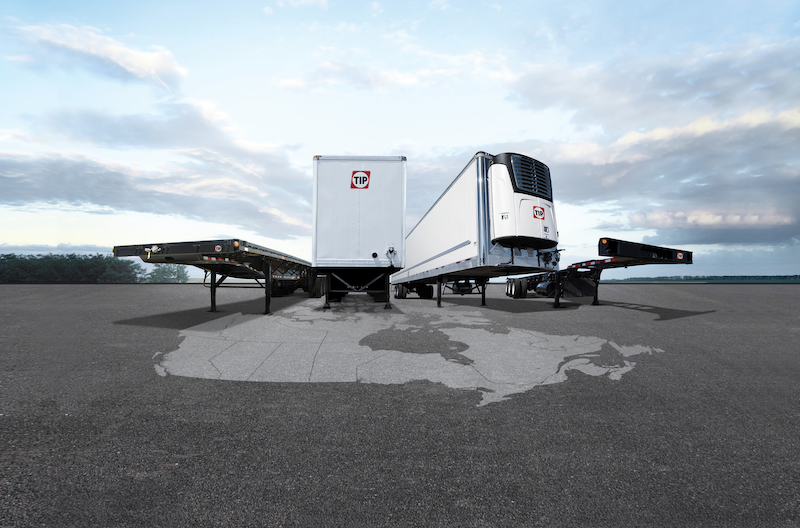 I Squared portfolio companies Transportation Equipment Network (“TEN”) and TIP Canada combine operations; now the second largest full-service trailer lessor in North America
I Squared portfolio companies Transportation Equipment Network (“TEN”) and TIP Canada combine operations; now the second largest full-service trailer lessor in North America



